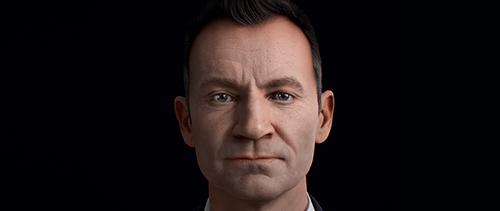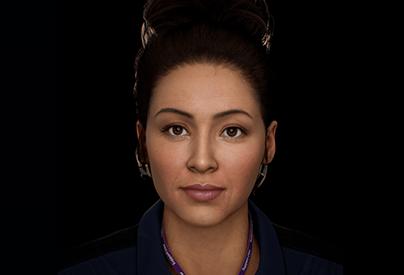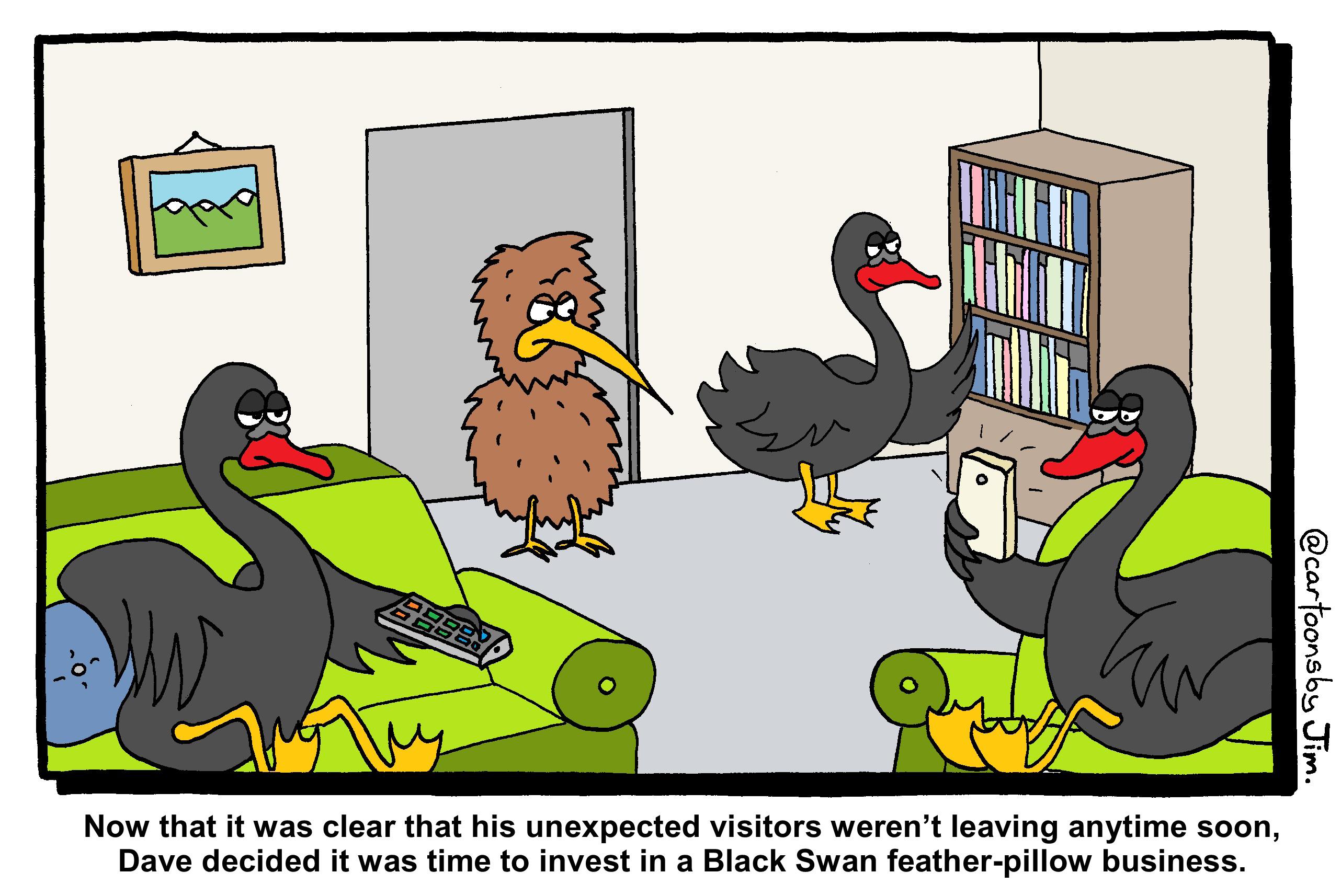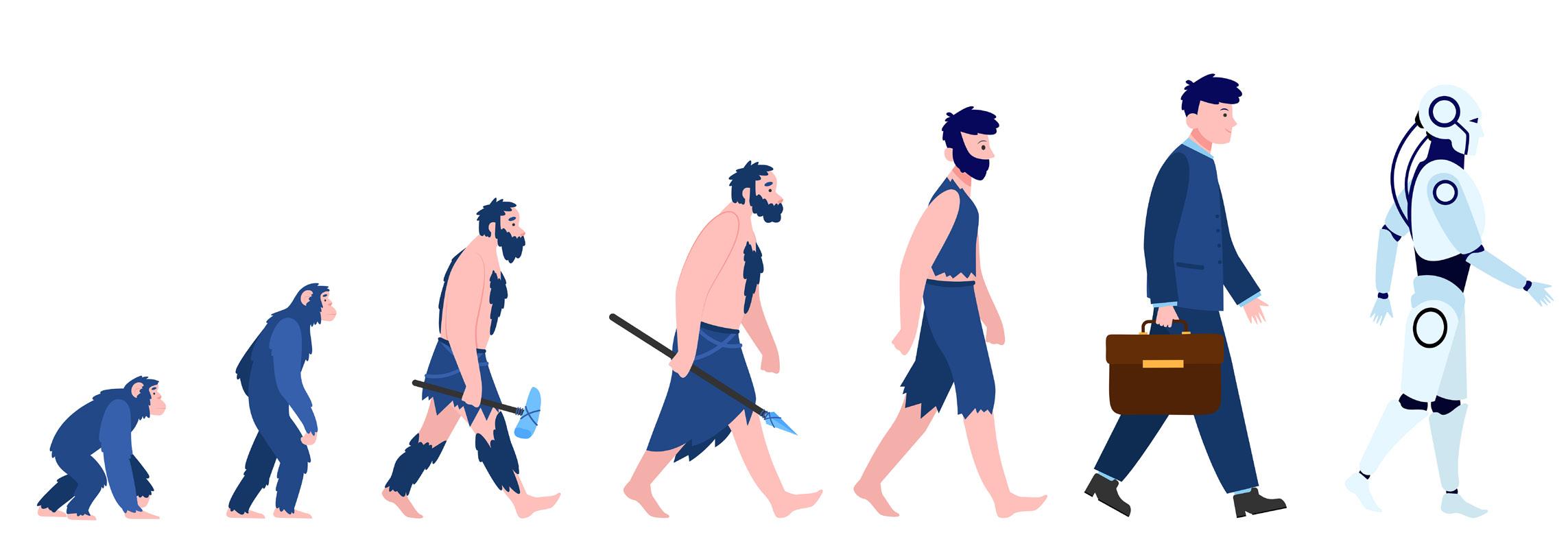
3 minute read
DIGITAL HUMANS IN A CONTACTLESS WORLD
from PMG ThinkBook
by PMG Funds
COMMERCIAL PROPERTY
Interview with UneeQ COO Bradley Scott
Advertisement
How can digital humans influence the way property funds managers deliver value for tenants and investors? How does it relate to property funds management in particular, and how to use them to deliver value to tenants?
Property funds management is without a doubt a ‘people’ business – real humans talking to other real humans, be they customers, tenants or investors, about creating value from their investment or from the space they operate in. But what if we could remove the ‘people’ part of that interaction, without losing the ‘human’ aspect? A new company that specialises in creating digital humans for customer service and business interactions is trying to do just that.
Over the last few decades, digital technology has increasingly focused on how it can streamline and maximise the efficiency of customer service. Be it via websites, apps or chatbots, doing business without the need for real human interaction has become more appealing simply because it saves time and cost for both companies and their customers.
However, a new piece of technology is today opening up even greater customer service capabilities for a range of industries, including property management – the Digital Human.
A New Zealand-based company that is leading in this area is UneeQ (formerly known as FaceMe), which has developed an intelligent digital human platform powered by AI that helps businesses create real-time interactions with customers using the power of the human face. In other words, customer service delivered contactlessly – useful in a social distancing world.
UneeQ Chief Operations Officer Bradley Scott says the company has created interactive digital humans for telecommunications companies, banks, mental health providers and the property industry, all for the purpose of humanising interactions that would otherwise be mechanical.
He says it’s about creating memorable personas who build emotional connections, as much as it is about efficiency, the speed of doing business, and the fact that real people are “expensive”.
“What’s more, real people can be unpredictable when it comes to delivering customer service. With a digital human, you can be sure that any information communicated is correct and consistently delivered every time,” Scott says.
Most significantly, through user feedback, UneeQ has discovered customers will have conversations with digital humans that they simply wouldn’t have with a real human, because a digital human will never be judgemental.
“Be it banking, financial advice, medical or mental health queries, there are some questions that people tend not to ask if they are dealing with a real human as they may be embarrassed or self-conscious – but they are comfortable asking a machine,” he says.
“What this means is that digital humans can unlock interactions that real humans can’t.”
He describes an application that UneeQ has already trialled for an apartment complex in Australia – a Digital Concierge called Mel (short for Melbourne). With her smiling visage appearing on screens in lifts and on mobile phone apps, Mel welcomes residents to the building, answers questions, tells jokes, checks train times, directs delivery people where to go, and even lets in residents who have lost their keys – all with lifelike facial expressions.
The benefits of such a use for digital humans in the property sector are obvious – happy, well-cared for residents or tenants who receive efficient services in an engaging, low-cost way.
When considering what other opportunities digital humans could provide to the property management sector, Scott believes the use cases are endless.
For the property investment sector, this could mean everything from virtual building tours and online tutorials about investing, to basic Q&A for potential tenants. And as Scott notes, the platform is designed for use by all levels in the industry, not just the big corporates.
“The thing to keep in mind is that you can infinitely scale digital humans, which you can’t do with real humans. Once set up, the ongoing cost of a digital human is minuscule compared to the ongoing cost of employing a real one,” he says.
At the end of the day, it’s about reducing costs and maximising efficiency while increasing positive engagement with both investors and tenants. And for a people-focused industry like property, that’s something we should do everything humanly possible to achieve.











